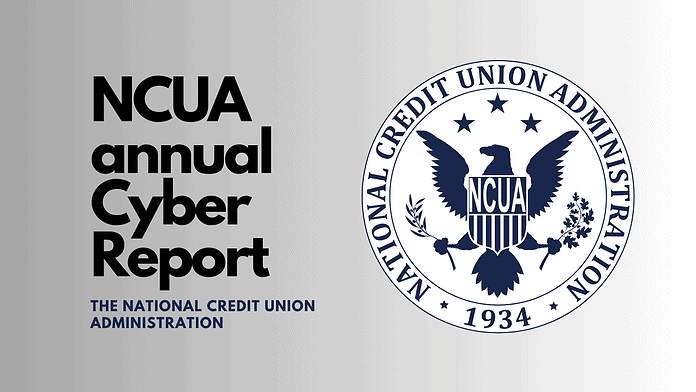NCUA Cybersecurity Report: Agency Reinforces Commitment to Fortifying Cybersecurity Preparedness and Resilience
The National Credit Union Administration (NCUA) has recently released its highly anticipated annual Cybersecurity and Credit Union System Resilience Report, providing a comprehensive overview of the current cybersecurity landscape, the agency’s key initiatives, and ongoing efforts to enhance cybersecurity preparedness and resilience within the credit union industry.
Addressing the Evolving Threat Landscape
In light of an ever-evolving cybersecurity threat landscape, NCUA Chairman Todd M. Harper emphasized the critical need for ongoing vigilance in the credit union sector. “The NCUA is committed to ensuring consistency, transparency, and accountability in its cybersecurity examination program and related activities,” he stated. Moreover, he added, “Over the last several years, the NCUA has made major strides in promoting a culture of cybersecurity awareness and resilience among credit unions.”
Comprehensive NCUA Cybersecurity Report Highlights
The Cybersecurity and Credit Union Resilience Report, mandated by the Consolidated Appropriations Act, 2021, provides valuable insights into:
- NCUA’s Cybersecurity Policies and Procedures: Firstly, the report outlines the agency’s policies and procedures to address cybersecurity risks and activities effectively.
- Resilience within the Credit Union System: Additionally, it assesses the current state of cybersecurity resilience within the credit union system, identifying areas for improvement.
- Emerging Threats: Furthermore, the report highlights current and emerging cybersecurity threats, enabling credit unions to stay ahead of potential risks.
- Collaborative Efforts: Finally, it details the NCUA’s collaboration with other federal agencies, industry stakeholders, and cybersecurity experts to strengthen cybersecurity defenses.
Targeted Examinations and Educational Outreach
For 2024, the NCUA remains steadfast in its commitment to fortifying cybersecurity resilience. Consequently, the agency will conduct targeted examinations, comprehensive risk assessments, and educational outreach initiatives. These proactive measures aim to equip credit unions with the necessary knowledge and tools to safeguard their operations against cyber threats.
Advocating for Expanded Supervisory Authority
Moreover, Chairman Harper emphasized the agency’s advocacy for expanded supervisory authority over third-party service providers. “This sensible statutory change would significantly improve supervisory oversight and bolster our ability to mitigate cybersecurity risks,” he stated. Consequently, it would enhance the credit union system’s overall security posture and the protection of critical infrastructure in the United States more broadly.
By providing a comprehensive overview of the cybersecurity landscape, highlighting key initiatives, and advocating for expanded supervisory authority, the NCUA’s Cybersecurity and Credit Union System Resilience Report underscores the agency’s commitment to safeguarding the credit union industry and its members against the ever-present threat of cyber attacks.



